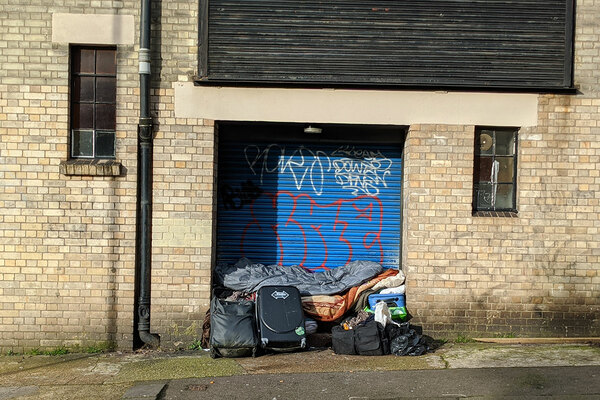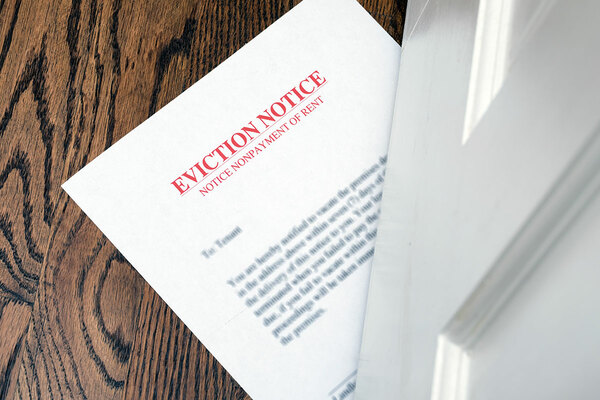You are viewing 1 of your 1 free articles
Evictions by private landlords outstrip social housing sector for first time during pandemic
Evictions by private landlords have outstripped those in the social housing sector across England and Wales for the first time during the pandemic, official statistics show.
But the gap narrowed significantly between January and March, with private rented sector possessions dropping 21.7% compared with the previous quarter while increasing 12.2% in the social sector, according to figures recently published by the Ministry of Justice (MoJ).
A ban on bailiff-enforced evictions came to an end over the Bank Holiday weekend. Landlords have been restricted in their ability to remove tenants since the coronavirus outbreak in March 2020.
Housing associations in England have pledged not to evict tenants facing financial hardship as long as they engage to get their rent payments back on track.
In the first quarter of 2020, social landlords made 14,119 possession claims in the county courts. Private landlords made 5,884.
Eviction claims by social landlords have consistently been much more common than those by private landlords since the MoJ began compiling the statistics in 1999.
Those numbers dropped dramatically after the March 2020 ban, to 823 for the social sector and 1,317 in the private sector from April to June.
The number of claims rose significantly between October and December as the complete moratorium on evictions ended, surging 155.3% among social landlords to 2,265 and 113.6% among private landlords to 3,618.
For social landlords, the number of claims continued to rise in early 2021 with 2,542 issued between January and March, while dropping to 2,833 in the private rented sector.
That leaves eviction claims in the private sector at around half pre-pandemic levels, and claims in the social housing sector at around a fifth of pre-pandemic levels.
Despite the ban on bailiff-enforced evictions still being in place, county court bailiffs removed 110 social rented sector tenants in England during that three-month period and 117 private tenants.
Government guidance sanctioned exemptions to the ban in some cases, such as those involving illegal occupation, fraud and domestic abuse or extreme rent arrears.
Catherine Ryder, director of policy and research at the National Housing Federation, said: “Possession claims in social housing at the start of this year were 82% lower than the previous year.
“This demonstrates our sector’s commitment to supporting their residents to stay in their homes when they get into arrears, rather than seeking repossession through the courts.
“Housing associations have urged their residents to get in touch if they are struggling to pay their rent as a result of the coronavirus crisis and have pledged not to evict anyone who does so.
“Alongside this, we have seen our members put a great deal of additional resource into tenancy sustainment services, providing financial support, and helping with benefit claims.
“Since the courts reopened in September there have been a relatively small number of repossession claims in the social housing sector, but these will represent cases that are particularly urgent and pressing, such as anti-social behaviour.”
Ben Beadle, chief executive of the National Residential Landlords Association, said: “The vast majority of private landlords have worked with their tenants affected during the pandemic to keep them in their homes, but there is a limit to what they can do without further help from the government.
“The chancellor needs to recognise the rent arrears crisis caused by the economic impact of the pandemic and provide an urgent financial package to support private tenants and landlords.”
Sign up for our tenancy management newsletter
Already have an account? Click here to manage your newsletters












